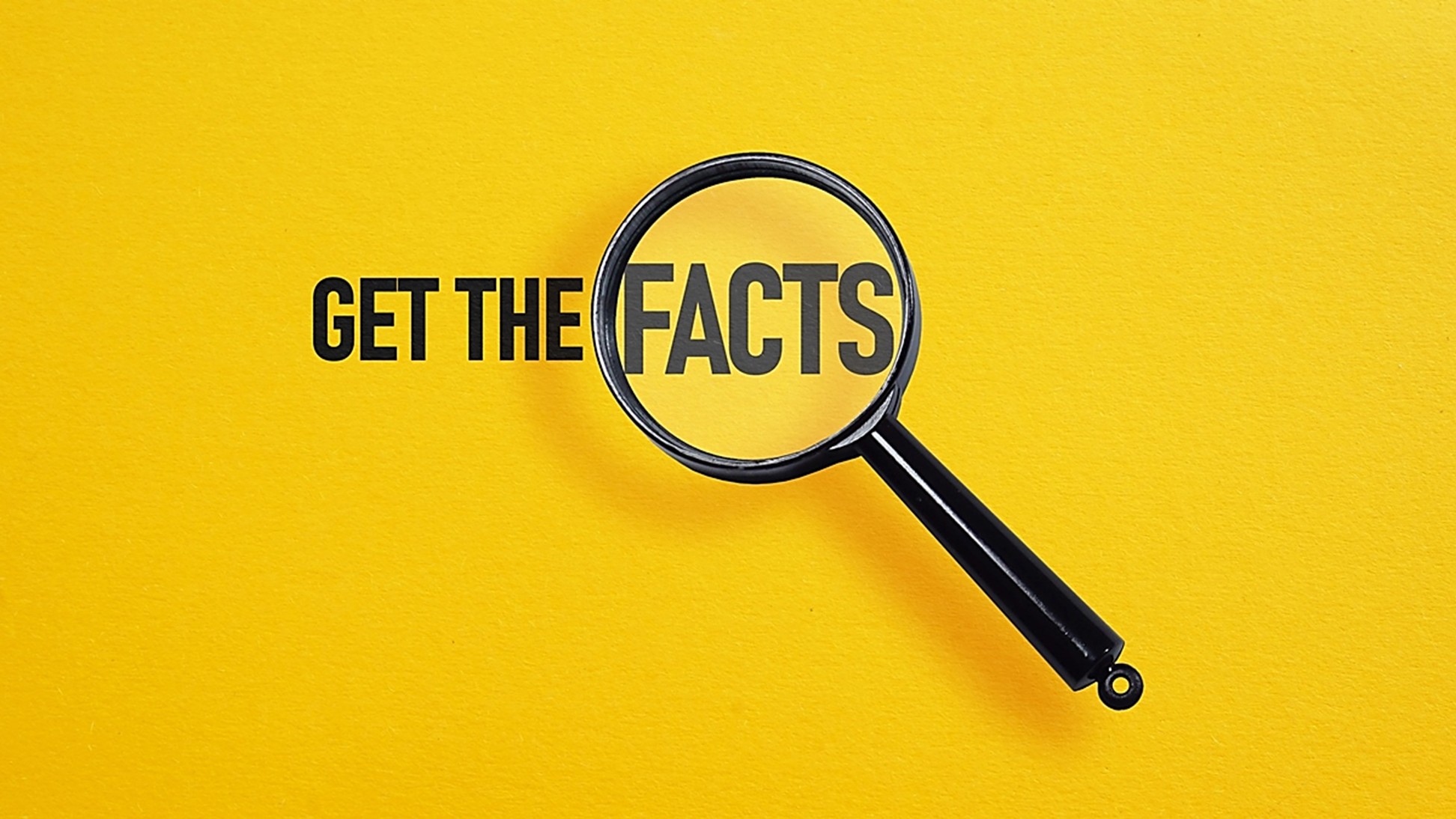
by Fern Shaw | Jun 10, 2025 | mains fed water cooler, water cooler, Water Coolers
In an age where information flows at breakneck speed, it can be a little overwhelming. Which is why a simple set of illustrative facts, whittling down what may seem like a never-ending word onslaught can offer us both clarity and a little respite.
Hopefully, these few facts will aid you when making your decision about which water cooler is the correct choice for your organisation or establishment.
Experience
AquAid brings over 22 years of expertise in supplying high-quality water dispensers. This extensive experience ensures a deep understanding of customer needs and consistently high standards of service and product reliability.
National Efficiency, Local Service
AquAid combines the efficiency and infrastructure of a national provider with the personalised, hands-on approach of a local business. This unique model allows us to deliver fast, responsive service while maintaining a close connection to our customers.
Nationwide Presence
With 23 branches across the UK, AquAid is never far away. Our widespread network ensures that your water dispenser needs are met promptly and efficiently, no matter your location.
A Business with Purpose
Since our humble beginnings 27 years ago, AquAid has consistently supported charitable causes. Our commitment to going beyond business is central to our identity and it continues to shape how we operate today.
Philanthropic Impact
Through ongoing donations, AquAid has contributed over £22 million to charity. These funds have enabled the development of sustainable, safe water projects that have benefited more than four million people.
Reducing Environmental Impact
Our water is sourced from three distinct locations across the UK. By minimising transportation distances, we reduce emissions and lower our carbon footprint, contributing to a more sustainable supply chain.
A Wide Range of Water Dispensers
We offer an extensive selection of water coolers, including both bottled and mains-fed options. Wherever feasible, we advocate for mains connected water coolers, as they significantly reduce reliance on single-use water bottles.
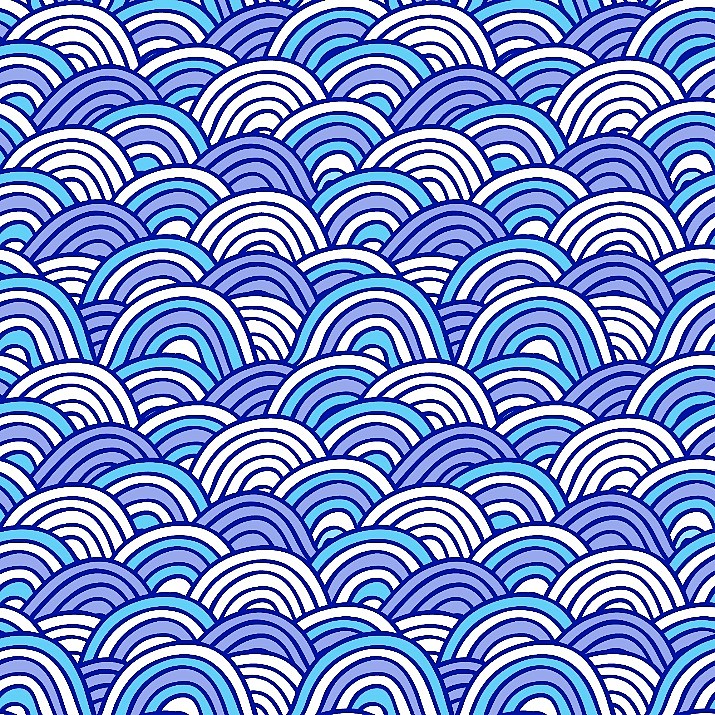
by Fern Shaw | Jun 4, 2025 | bottle fed water coolers, mains fed water cooler, water cooler, Water Coolers, water dispenser
The wonderful thing about water is – everyone drinks it.
Now it may be that not everyone enjoys water – drinking it, that is – but it’s undeniable fact: from the tiniest organisms to the largest creatures on our planet – drink water we must.
The reasoning here is, if we must drink water, we should, at least, enjoy doing so!
That’s where AquAid comes in.
We’re not only a well-established, highly experienced supplier of a comprehensive range of water dispensers, we are constantly evolving, making sure that we provide our absolute best in both products and service.
Which means we know a thing or two about how to make your water-drinking experience a positive, uplifting one.
Here’s how:
- We offer a free on-site consultation. This helps to make sure that you have the water dispenser with a capacity commensurate to your drinking water requirements.
- Our range of water coolers dispense cool, chilled, cold and hot water, so whatever your preference, there’s always a refreshing option available.
- We offer a variety of models – from space-saving desktop coolers to larger dispensers ideal for high-traffic areas.
- We’re fast and efficient! A bottled water cooler can be installed within 48 hours and mains fed water coolers within 3 to 4 days.
- We think beyond business. This is achieved through our committed, ongoing donations to the charities we have supported for more than 20 years.
It’s a great feeling to know, that while you’re busy replenishing your water bottle or glass at your water dispenser, you’re also helping to fund the installation of sustainable safe water resources for thousands of communities in need.
Don’t delay. Water up. Contact AquAid and we’ll guide you as to how easily achievable this is. Cheers!
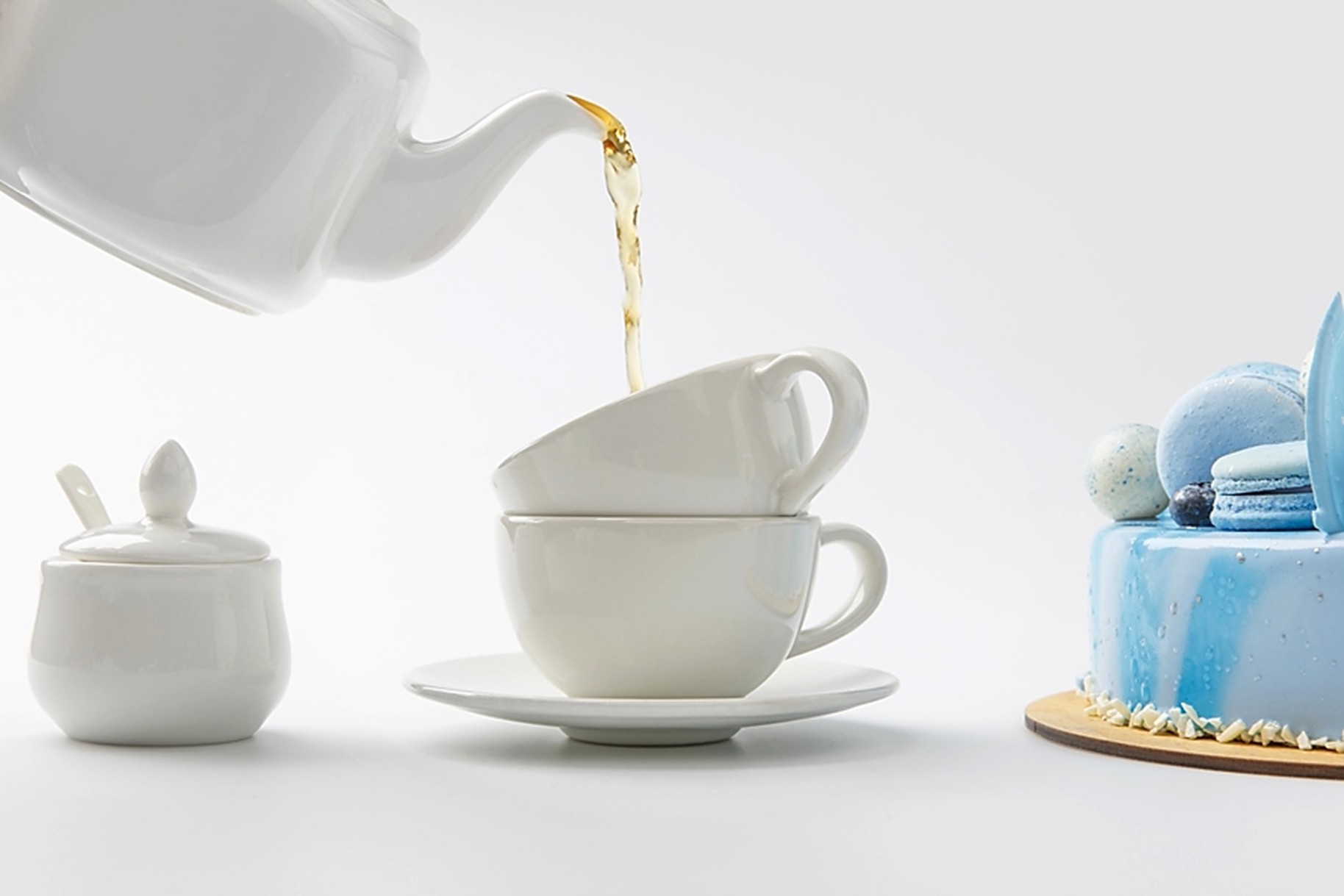
by Fern Shaw | May 20, 2025 | water boiler, water cooler, Water Coolers, water dispenser
In the words from 90s popular culture, tea is all that!
And with International Tea Day upon us – one of our very favourite days here at AquAid – we thought it a suitable time to refresh (aha) our memories about what it is that makes tea so great.
A few reasons surface:
- Tea contains oxidants called polyphenols. It can help reduce the risk of chronic diseases. *
- It has also been found that people who drink green tea or black tea have lower chances of heart issues.
- Herbal teas such as chamomile help maintain the health of your digestive system.
- Tea is extremely beneficial for your teeth because high amounts fluoride, catechins and tannins are present. These help to prevent plague, builds resistance to acid and sugar and strengthens teeth.
- The amount of caffeine present in tea is less than coffee. It is said that traditional tea contains 50 percent less caffeine than coffee!
- Herbal teas such as Chamomile and Ginger tea are quite good for the digestive system as they are antispasmodic.
Fancy more than a cuppa a day but don’t have access to a consistent supply of piping hot water? Never fear, AquAid are here! Whether it’s a hot & cold water dispenser, boiling & chilled water taps or a hot water boiler, we have the hot water dispenser solution for you. Contact us today!
*source: article at Calendarr United Kingdom

by Fern Shaw | May 19, 2025 | water cooler, water dispenser
Why Choose a Water Dispenser?
A water dispenser provides immediate access to clean water, encouraging consistent hydration. Beyond convenience, it offers several benefits tailored to different environments and preferences.
Improved Water Quality and Taste. Water dispensers often come with built-in filtration or use pre-filtered bottles, ensuring a cleaner and better-tasting alternative to tap water. This can be especially beneficial in areas where water quality is inconsistent.
Variety of Options to Suit Every Space
- A bottle-fed water dispenser is ideal for locations without access to plumbing, offering flexibility and easy installation.
- A mains-fed water dispenser connects directly to the water supply, making it a sustainable and cost-effective long-term choice.
- Desktop and countertop water dispensers save space while still delivering the same hydration benefits, making them perfect for smaller offices, kitchens, or personal use.
- A free-standing water dispenser is well-suited for larger offices or communal areas, where higher volumes of drinking water are needed throughout the day.
- A floor-standing water dispenser provides a robust solution for high-traffic environments, offering greater capacity and ease of access for multiple users.
Hot and Cold Water on Demand. Many models dispense both hot and cold water instantly, removing the need for kettles or refrigeration. This versatility supports everything from making tea to cooling down during a busy day at the office or after exercise.
Encourages Healthy Habits. By placing a water dispenser in visible or high-traffic areas, it serves as a reminder to drink water regularly, which is especially important in busy workplaces.
Reduced Environmental Impact. Using a mains-fed system or refillable bottles reduces reliance on single-use plastic bottles, supporting more sustainable practices.
A Convenient & Smart Investment
A water dispenser is more than just a convenience – it’s a smart investment in health, efficiency, and environmental responsibility. With a range of styles including bottle-fed, mains-fed, countertop, and freestanding water dispensers, there’s a solution for every need.
Contact AquAid: we’re here to meet all your water dispenser requirements.
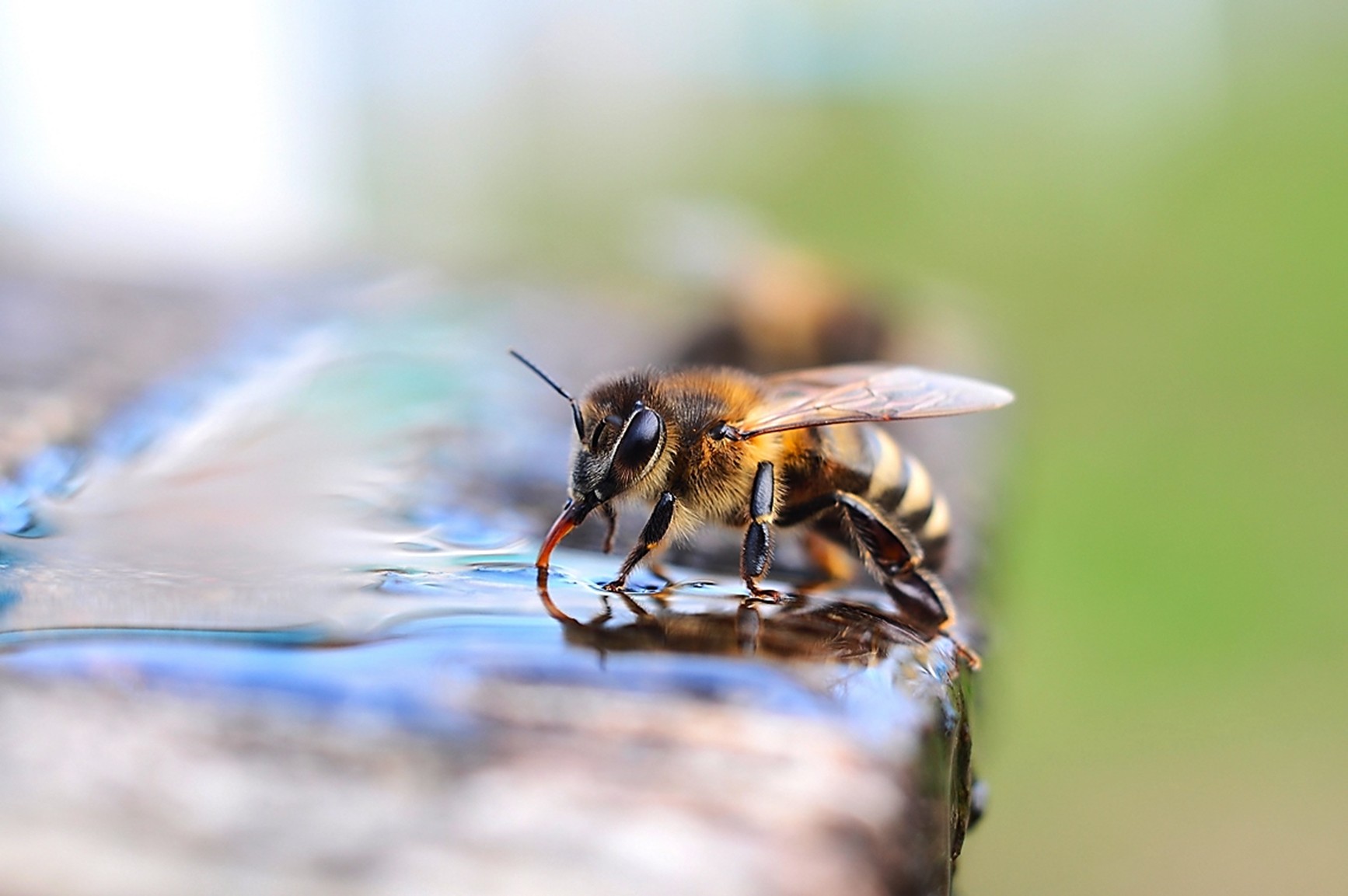
by Fern Shaw | May 19, 2025 | Water, water cooler, Water Coolers
This World Bee Day is the perfect time to give a big thank you to the tiny pollinators who keep our world blooming and our plates full.
Bees might be small, but their impact is huge. Around one-third of the food we eat relies on pollinators like bees. They help plants reproduce by spreading pollen – a vital step in producing fruits, vegetables, and seeds. Apples, strawberries, tomatoes, courgettes … even coffee and chocolate owe a lot to bees.
Without bees doing their daily buzz-about, many of our favourite foods would become rarer, pricier, or disappear altogether. Farmers count on them to pollinate crops, and entire ecosystems rely on their work to stay balanced and healthy.
But bees can’t do it all alone. They need safe habitats, food sources, and something we often overlook – water. Like us, bees get thirsty! They need clean, shallow water where they can safely land and drink without the risk of drowning. A small dish with stones or floating corks makes an easy, bee-friendly watering spot in any garden.
So, this World Bee Day, let’s give back to the bees. Plant some wildflowers, skip the pesticides, and pop out a bee-safe water dish. Every little effort helps protect these brilliant buzzers and, in turn, the food we love.
Bee kind, bee thankful – and keep buzzing for change!
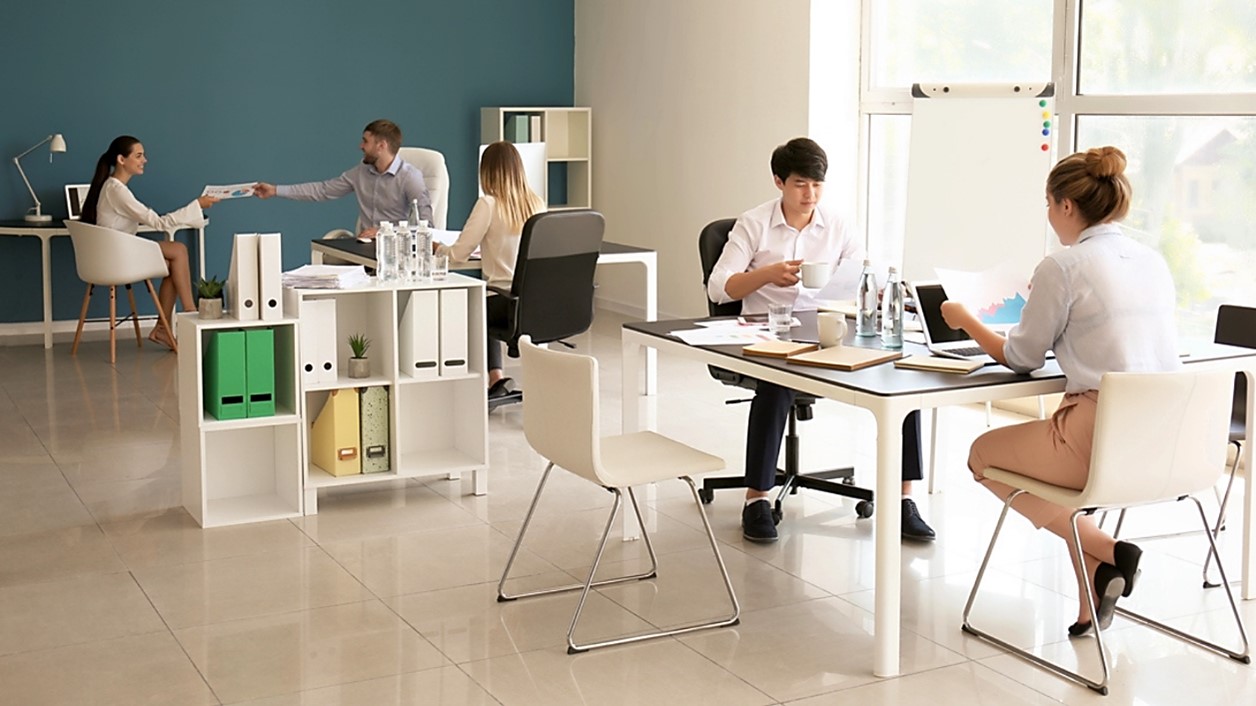
by Fern Shaw | May 7, 2025 | bottle fed water coolers, mains fed water cooler, water cooler, Water Coolers
Installing a water cooler in the office offers far more than just access to hydration – it can significantly enhance both productivity and workplace culture. Whether opting for bottled or mains-fed water coolers, businesses create an environment that encourages employees to pause, refresh and return to their tasks with renewed focus. This subtle improvement in daily routine can contribute to reduced fatigue, improved concentration and an overall uplift in staff morale.
A strategically placed office water cooler also fosters spontaneous collaboration. As colleagues gather around water dispensers, they are more likely to engage in informal conversations that often lead to innovative ideas and creative problem-solving. In this way, water coolers serve not only as hydration stations but also as valuable social touchpoints that reinforce team cohesion across departments.
For organisations seeking to demonstrate a commitment to employee wellbeing, investing in water coolers for the workplace is a visible and appreciated gesture. Mains-fed water coolers, in particular, provide a sustainable alternative by reducing plastic waste and supporting environmentally conscious office practices. With regular use, these systems can also reduce reliance on single-use bottled drinks, aligning the office with broader CSR goals.
Furthermore, the presence of a high-quality office water cooler may contribute to a positive impression among visitors, partners and prospective hires. A clean, well-maintained water dispenser signals that the company values comfort, health and professionalism – qualities that speak volumes in today’s competitive business landscape.
In larger workplaces with multiple offices or work environments, the installation of multiple water coolers ensures equal access to hydration, supporting the health and productivity of all staff regardless of location. Bottled water coolers are particularly flexible for sites where plumbing is restricted, ensuring no corner of the workplace is left without essential amenities.
Ultimately, the decision to incorporate water in the office goes beyond practical necessity. It is an investment in the people who power the organisation, creating a more dynamic, efficient and attractive workplace. When staff feel that their well-being is prioritised – even in seemingly small ways like access to fresh, cool water – the result is often greater loyalty, reduced absenteeism and improved overall performance.






